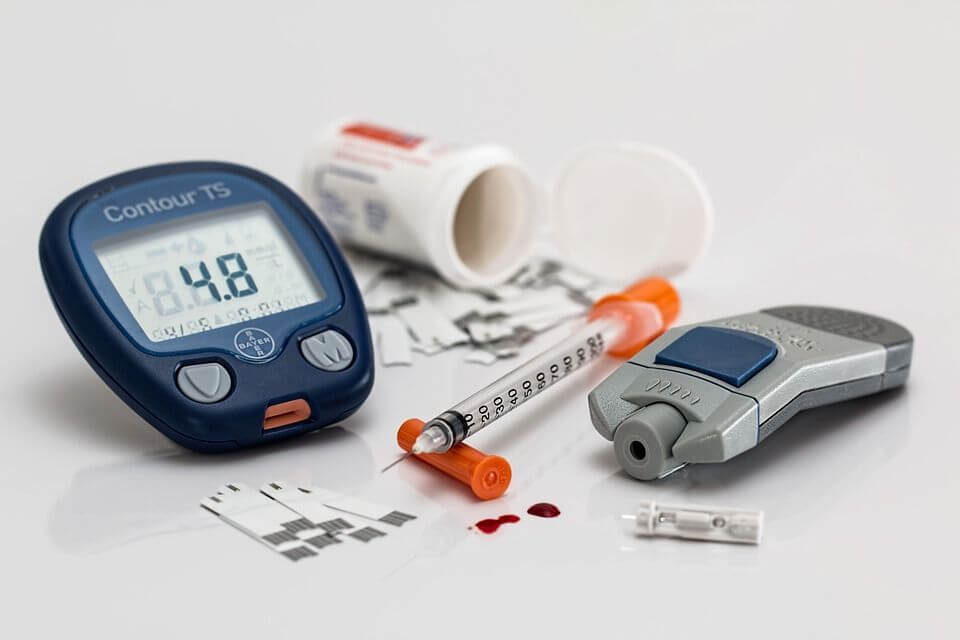For anyone living with diabetes, whether it be type 1 or 2, you know how much of a serious affliction it is. Although the disease can be highly monitored, typically preventing any severe damage, diabetes is not something to be taken lightly. And if a new study is anything to go by, the metabolic disease could be even more dangerous than previously thought.
A study conducted by the International Prevention Research Institute (IPRI), based in Lyon, France, revealed that diabetes could actually lead to cancer. The study, which involved over 1 million patients from Italy and Belgium, found that 50 percent of patients diagnosed with pancreatic cancer had been diagnosed with type 2 diabetes the previous year. The findings were presented at the European Cancer Congress in Amsterdam.
Those who had already been diagnosed with type 2 diabetes had a deterioration in the disease which was linked to to a seven-fold increased risk of being diagnosed with cancer.
According to experts, it is possible that the treatment for diabetes is what increases the chances of pancreatic cancer. This is an intriguing development mainly due to the fact that, while diabetes is very common in the UK (3.5 million cases), pancreatic cancer is not. In fact, there are only approximately 10,000 cases diagnosed annually.
Researchers conducting the study say that more must be done to develop earlier tests for pancreatic cancer in order to discover the disease before it can get out of hand.
The IPRI’s Alice Koechlin gave her insight into the situation, stating, “Doctors and their diabetic patients should be aware that the onset of diabetes or rapidly deteriorating diabetes could be the first sign of hidden pancreatic cancer, and steps should be taken to investigate it.” Chief Executive of the Pancreatic Cancer Research Fund, Maggie Blanks, expressed her excitement over the discovery. “The association between pancreatic cancer and type 2 diabetes has been an area of interest to researchers for several years, so it’s great to see studies generating new and potentially very valuable information which could alert clinicians to the need for further investigation in certain patients,” she said.
As an advocate for various cancer research organizations, I am incredibly excited to see advancements in any field related to cancer. With these recent developments, we can understand these terrible afflictions even more and hopefully, someday, eradicate them completely.
